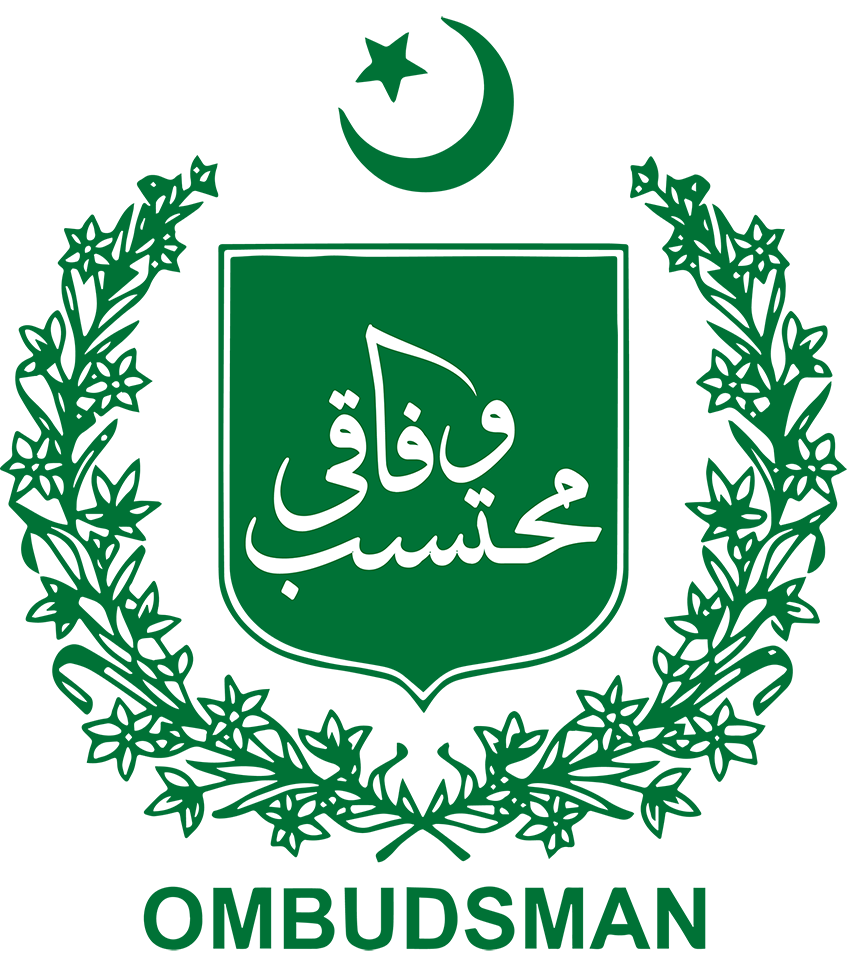To download Guidebook, click here
The Informal Resolution of Disputes (IRD) is a mediation mechanism like Jirga/Panchayat system of the country, where the local elders resolve the grievances through their social influence, conventional wisdom and moral character. IRD offers inexpensive, cost effective, expeditious and convenient forum for resolving disputes through mediation and conciliation.
Article 33 of the Presidential Order (P.O) of 1983 provides for resolution of disputes of the aggrieved persons through mediation and conciliation with their consent without necessity of docketing any complaint or issuance of any official notice. The Article reads as under:
“Notwithstanding anything contained in this Order, the Mohtasib and a member of the Staff shall have the authority to informally conciliate, amicably resolve, stipulate, settle or ameliorate any grievance without written memorandum and without the necessity of docketing any complaint or issuing any official notice.”
Further, the scope of IRD also includes complaints/grievances of the citizens that fall outside the jurisdiction of the Wafaqi Mohtasib, received directly, by post, or online at the Wafaqi Mohtasib Secretariat (WMS) and its Regional Offices. These grievances are processed with the consent of the parties involved. Such grievances generally cover small contractual claims, negotiable instruments, delay in processing of pension and pensionary benefits for retired employees and their families, delay in reimbursement of medical claims, delay or refusal in grant of housing subsidies or hiring facilities; or any dispute where the parties voluntarily contract that they are willing to submit themselves to the Ombudsman’s good offices for settlement of their disputes in proceedings conducted in a conducive atmosphere through informal discussion.
The focus is on reaching a resolution through mediation and persuasion rather than strictly following a process or procedure. The methods of communication being used with the parties are telephonic discussions and polite letters for hearings, if necessary, to reach a consensus on resolving their disputes in a joint sitting. If the private respondent does not agree to resolve the dispute through IRD, the designated officer may request the complainant to obtain consent from the respondent. If the complainant fails in securing consent of the other party, further action on the complaint is stopped and the file is consigned to record without any action. From April 2022 to April 2023, the WMS Headquarters Islamabad and its Regional Offices have resolved 1753 cases under IRD, while 116 cases are under process. These figures are reassuring and reflect the trust of the people in the ability of the Office of Wafaqi Mohtasib to resolve their disputes even informally.
آ ئی آر ڈی
مسا ئل کےغیر رسمی حل کا پروگرام
وفاقی محتسب کے قیام کا صدا رتی حکم نمبر (1)مجر یہ 1983ء کا آرٹیکل33 نہ صر ف وفاقی محتسب بلکہ اس کے اسٹاف کو بھی یہ اختیار دیتاہے کہ وہ کسی معا ملے کی شکا یت وصول ہو نے پر اس مسئلے کو حل کرنے کے لئے کو ئی قد م اٹھا سکتا ہے چنا نچہ وفاقی محتسب نے اپریل2022 ء سے فر یقین کے درمیان تنازعات کو (جر گہ اور پنچا یت کی طرز پر) ثا لثی اور مصالحتی انداز میں حل کر نے کا ایک پروگرام Informal Resolution of Disputes(IRD) کے نا م سے شر وع کررکھا ہے جس کے تحت سینکڑ وں مسا ئل با ہمی رضا مند ی سے حل کئےجا چکے ہیں۔ اس پروگرام کو دور دراز اور پسما ند ہ علا قوں میں خا ص طو ر پر سرا ہا گیا اور بے شما ر افراد اس سے مستفید ہو رہے ہیں۔
